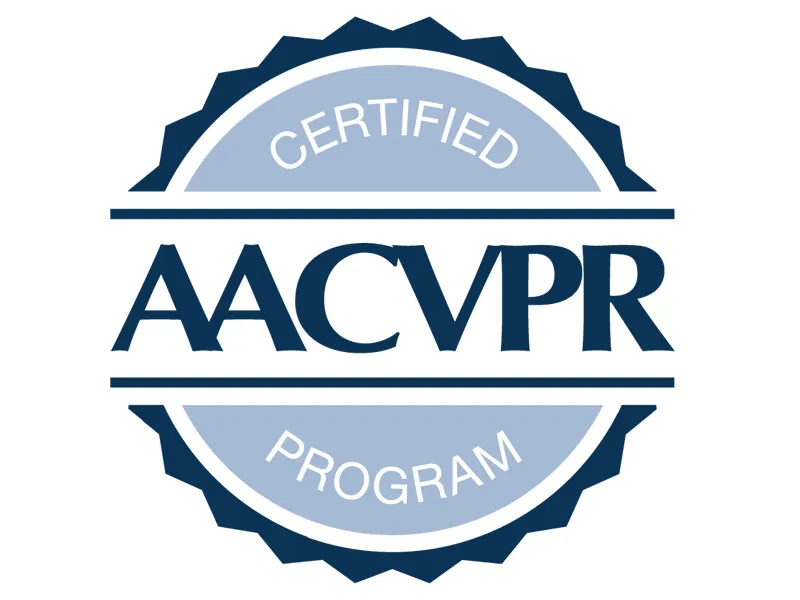Anderson Digestive Health Center: Curing Hepatitis C


An estimated 2.4 million people in the United States are living with Hepatitis C. For some people, Hepatitis C is a short-term illness. But for 70–85% of people who become infected, it becomes a long-term, chronic infection. Chronic Hepatitis C is a serious disease than can result in long-term health problems, including liver disease, liver failure, liver cancer, and even death.
Dr. Anthony Thomas, Gastroenterologist with Internal Medicine Clinic, is one of four physicians treating patients at Anderson Digestive Health Center. He said, “With the recent development of new medications, Hepatitis C is more easily treated and curable. The newest treatment regimen is with pills that have minimal side effects. Statistics show that patients who follow a strict adherence to the treatment course with follow-up can expect a 97 percent cure rate. What was previously a devastating and often fatal disease can now be cured with these new, safer and shorter treatments.”
While continuing to see patients in their respective clinics, Dr. Thomas is joined by gastroenterologists Dr. Barry Calvit and Dr. Eric Plott (both of Internal Medicine Clinic) and Dr. Greg Thaggard (Meridian Medical Associates) on a rotating schedule at Anderson Digestive Health Center.
Many people with Hepatitis C do not have symptoms and do not know they are infected. The only way to know if a person has Hepatitis C is through a blood test. Testing for Hepatitis C is recommended for certain groups, including people who:
• Were born from 1945 – 1965
• Received donated blood or organs before 1992
• Have ever injected drugs, even if it was just once or many years ago
• Have certain medical conditions, such as chronic liver disease and HIV or AIDS
• Have abnormal liver tests or liver disease
• Have been exposed to blood from a person who has Hepatitis C
• Are on hemodialysis
• Are born to a mother with Hepatitis C
Hepatitis C is usually spread when blood from a person infected with the Hepatitis C virus enters the body of someone who is not infected. Today, most people become infected with Hepatitis C by sharing needles, syringes, or any other equipment to inject drugs. Before widespread screening of the blood supply in 1992, Hepatitis C was also spread through blood transfusions and organ transplants. While uncommon, poor infection control has resulted in outbreaks in healthcare settings. While rare, sexual transmission of Hepatitis C is possible. Having a sexually transmitted disease or HIV, sex with multiple partners, or rough sex appears to increase a person’s risk for Hepatitis C. Hepatitis C can also be spread when getting tattoos and body piercings in unlicensed facilities, informal settings, or with non-sterile instruments. Also, approximately 6 percent of infants born to infected mothers will get Hepatitis C. Still, some people don’t know how or when they got infected.
Anderson Digestive Health Center provides complete, comprehensive care for chronic Hepatitis C infections, offering patients the tools, medications, management and an expert care team to successfully complete the full course of treatment. For more information or to schedule an appointment to be tested for Hepatitis C, please call 601.553.6515.



